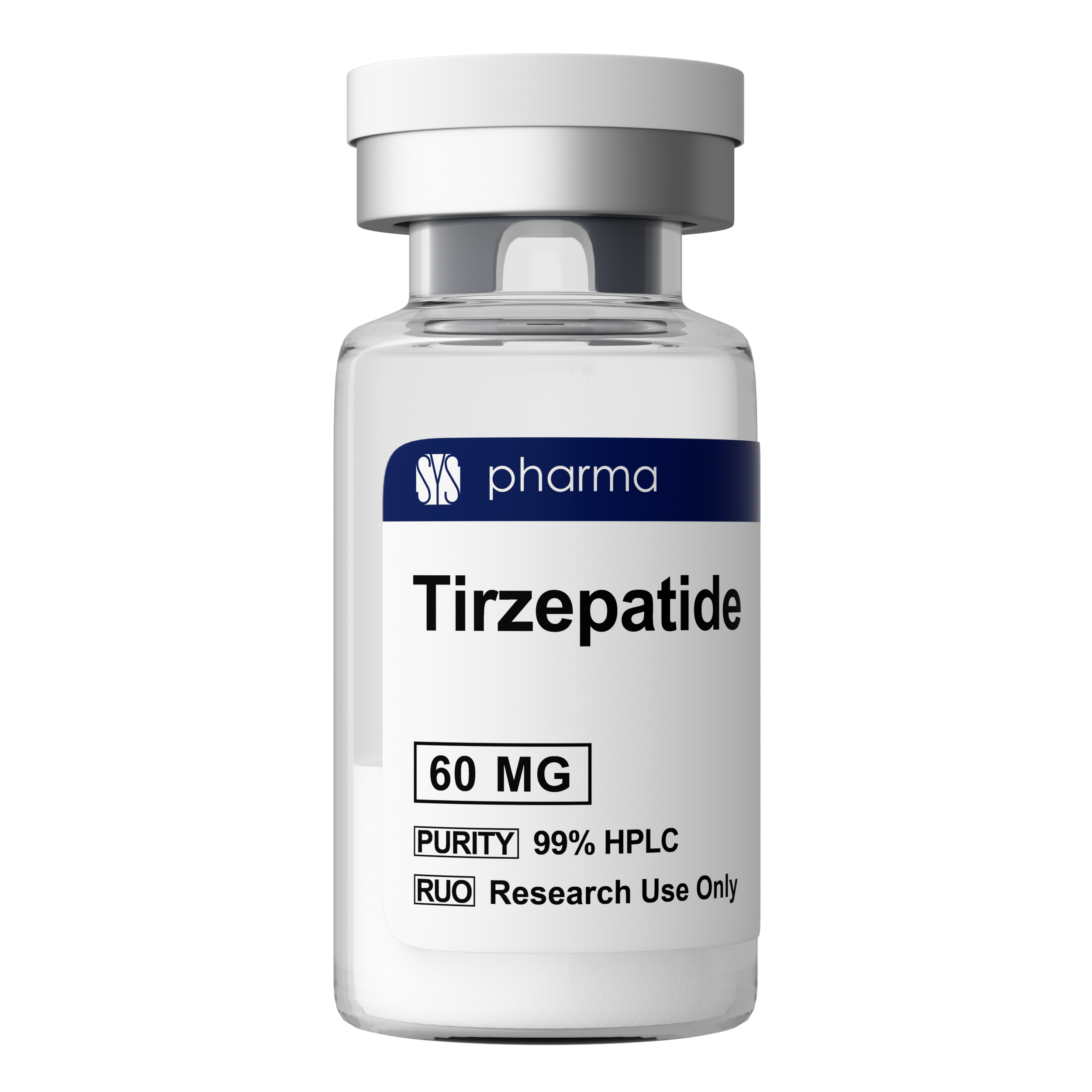Whose cheese has been moved by the "second negotiation" of drugs?
-
Last Update: 2015-09-07
-
Source: Internet
-
Author: User
Search more information of high quality chemicals, good prices and reliable suppliers, visit
www.echemi.com
Source: People's Daily - strong country community Author: Chen Daoqing, 2015-09-06 editor's note: Recently, the debate about "second price negotiation" of drugs was pushed to the front of the stage again At the level of national ministries and commissions, the front foot said that the pilot cities were encouraged to purchase below the provincial price, and the back foot said that "second price negotiation" was not allowed At the level of prefecture and city, since the national documents are opened, there is a natural reserve to negotiate prices, but the discretion is not easy to control, just as novice drivers always step on the accelerator too hard; at the level of pharmaceutical enterprises, some say that "the price of drugs is determined by government bidding, and then the price negotiation is in contempt of the authority of the government", some say that“ Since the price of the medicine can be negotiated, doesn't it just mean that it was set high? " Some people choose to "safeguard rights" and others choose to "correct mistakes" As a result, chaos has come, and even the national development and Reform Commission has been forced to challenge the provincial government However, the argument often stems from the interest and the soul touch, but fundamentally speaking, it is because of the interest touch So whose cheese did the "second bargaining" of drugs move? This issue is an excerpt of an article by renmin.com, a powerful community The audience will consider it at their own discretion Event Background: on July 23, 2015, the health and Family Planning Commission of Lu'an City, Anhui Province issued the "announcement of winning the bid through competitive negotiation of distribution enterprises" Three pharmaceutical wholesale enterprises, namely Hefei 90000 Li Pharmaceutical Co., Ltd., State Pharmaceutical holding Anhui Co., Ltd and Nanjing Pharmaceutical Hefei Tianxing Co., Ltd., won the bid of Lu'an people's hospital with a total amount of 277 million yuan/ Market share of drugs in The price paid by the three drug wholesalers for this is: 23% of the bid price of drugs in Anhui Province + 180 million yuan of interest free margin + 6-month payment, calculated by 6% of the bank's annual loan interest rate, 180 million yuan of interest free margin and 6-month payment are actually equivalent to another 19.11 million yuan of interest free margin, accounting for 7% of 277 million yuan of purchase amount That is to say, the three drug wholesalers gave 30% of the profit on the basis of the provincial bidding price in exchange for the qualification of winning the bid After the news came out, the debate about the "second bargaining" of the hospital was once again raging Some public opinions have pointed out that "second bargaining" not only violates the relevant policies, but also violates the law It has hit the face of the provincial health and family planning departments, the face of the law, fostered corruption and harmed the interests of the people Is it true? I is the "second negotiation" legal, compliant and reasonable? 1 Legitimacy analysis: is "second bargaining" illegal? The "secondary bargaining" in the industry refers to the bargaining behavior of each hospital on the basis of the bid price of drugs determined by the provincial drug centralized bidding Some people think that: the law of bidding and tendering clearly needs to protect the results of bidding and tendering carried out in accordance with the law; the provincial drug bidding price is determined by the provincial health administrative department through bidding ("one-time bargaining") and is negotiated on the basis of the provincial drug bidding price ("two-time bargaining") )It is a blatant violation of the results of provincial drug bidding and a clear violation of the bidding law This view seems to be right, but it is absurd! Because the only yardstick to judge whether an act is legal or not is the law itself, rather than any other act (many acts are distorted and illegal in themselves, if they are taken as yardstick, the result will be absurd and incomparable) First, the provincial drug centralized bidding procurement ("one-time price negotiation") has been implemented for more than ten years, which is obviously illegal During the two sessions in 2013, more than 20 deputies to the National People's Congress and members of the CPPCC put forward the proposal on canceling the centralized bidding procurement of drugs led by the government, pointing out that the centralized bidding procurement of drugs at the provincial level is obviously illegal The original copy is as follows: "the provisions of Article 9, Chapter II of the bidding law of the people's Republic of China:‘ The tenderee shall have the corresponding funds or sources of funds for carrying out the project subject to tender have been implemented and shall truthfully state them in the tender documents " This shows that the tenderee must be the payer and have a direct economic interest relationship with the bidding project, that is, who pays, who purchases, who is the tenderee In fact, the main body of centralized drug bidding procurement at the provincial level is the provincial health administrative department, not the payer and purchaser, which has no direct economic interest relationship with the drug bidding project and belongs to "only bidding but not procurement", which violates the bidding law of the people's Republic of China Two thousand and six After, in order to avoid the legal responsibility of the above-mentioned centralized drug bidding, the relevant departments required all medical institutions to sign the entrusted bidding agreement with the designated bidding agency by administrative means In fact, the health and other administrative departments are still the leaders of drug bidding, or they have replaced the qualification of the medical institution as the tenderee, while the purchasers, payers and direct stakeholders of drugs are still doctors Medical institutions, which belong to disguised "only recruit but not adopt", are organized and intentional illegal acts, with a more serious nature " It can be seen that although the current provincial drug centralized bidding procurement is under the banner of centralized bidding procurement, its work is neither bidding nor procurement, but administrative examination and approval -- to examine and approve the qualification and price of drugs entering public medical institutions is "fake bidding" or "fake procurement" Second, the "second negotiation" fully conforms to the laws and regulations such as the bidding law and the contract law From the recent "second bargaining" in Anhui Province (including Bengbu, Fuyang and Lu'an) from the point of view, the two sides of the transaction (the buyer is a medical institution and is the real payer; the seller is a drug wholesale enterprise), the subject matter of the transaction (specific to the category, specification, dosage form and brand of the drug), the conditions of the transaction (quantity, price and payment collection conditions) are very clear, clearly marked on the signed contract, completely In line with the requirements of laws and regulations such as the bidding law and the contract law, it is "real bidding" and "real procurement" It can be seen that the "second bargaining" is not only not illegal, but also an error correction of the illegal act of centralized bidding and purchase of drugs at the provincial level ("first bargaining") Based on the fact that the "second bargaining" destroys the result of the "first bargaining", the "second bargaining" is defined as an illegal act Its logic is as absurd as "the murderer cuts the victim - the doctor treats the victim - because the doctor destroys the murderer's result, the doctor's rescue is illegal" 2 Compliance analysis: is "second negotiation" compliant? According to the existing policy documents, different ministries have different attitudes towards "second bargaining" of medical institutions (1) clearly support the document of "secondary price negotiation" of medical institutions The notice on printing and distributing opinions on promoting drug price reform (fgjg [2015] No 904) led by the national development and Reform Commission pointed out that "gradually establish a market-oriented drug price formation mechanism to minimize the direct government intervention in drug prices"“ The actual transaction price of drugs is mainly formed by market competition, "promoting medical institutions and retail pharmacies to actively reduce the purchase price" (2) for the documents with unclear attitude to "second price negotiation" of medical institutions, the guidance on improving centralized drug procurement in public hospitals (GBF [2015] No 7) led by the health and Family Planning Commission and issued in the name of the State Council pointed out that "hospitals, as the main procurement body, purchase drugs at the bid winning price"“ It is allowed to purchase on the provincial drug centralized purchase platform by the city The transaction price of the pilot cities shall not be higher than the provincial bid winning price If the transaction price of the pilot city is obviously lower than the provincial bid price, the provincial bid price shall be adjusted according to the transaction price of the pilot city, and the specific measures shall be formulated by each province (District, city) " In the former sentence, "second bargaining" is not allowed; in the latter sentence, "second bargaining" is allowed in pilot cities (3) the notice of the national health and Family Planning Commission on the implementation and improvement of the guidance on centralized drug procurement in public hospitals (gwyzf [2015] No 70), which explicitly prohibits the "secondary price negotiation" of medical institutions, points out that "for the purchase price formed through bidding, negotiation, fixed-point production, etc., the hospital shall not organize another price negotiation" To sum up, for the policies and regulations of the health and Family Planning Commission, the "second bargaining" of medical institutions is not compliant 3 Rationality analysis: does "second bargaining" promote corruption and damage the interests of the people? On July 23, 2013, CCTV said, "why is Zhangzhou hospital corrupt? Why is the whole line lost?"? 》It exposed the medical corruption cases in Zhangzhou, Fujian Province 73 public hospitals in the city were 100% involved in the cases, and 50% of the drug price was used for bribery The report revealed a well-known secret: drug companies generally carry out illegal competition of "high pricing and large rebate", drugs winning the bid at low price without Rebate are completely eliminated by drugs marked with rebate at high price, and it is a common phenomenon that doctors receive drug rebate That is to say, before the "second bargaining" of medical institutions, most of the water in the false high drug bid price was used for bribery After the "second negotiation", the actual supply price dropped significantly, and the space for bribery in the drug price was squeezed out (for example, Lu'an in Anhui Province, at least 30% of water was squeezed out) With the decrease of bribery space and the increase of sunshine income of hospitals, it is clear that corruption has been curbed How can we say that "corruption has been encouraged"? As for the fact that "second bargaining" damages the interests of the people, it is even more ridiculous First of all, the "second bargaining" did not increase the price of drugs; second, the space for doctors' kickbacks was obviously squeezed With the reduction of direct incentives for kickbacks, large prescriptions, drug abuse and other behaviors will inevitably decrease If the price of drugs does not rise and the amount of drugs used is reduced, patients should not only pay less for drugs, but also suffer less from overuse How can we say that "the interests of the people have been harmed"? Does "second bargaining" harm the interests of some people? Yes, but not the people, but the enemy of the people After the "second bargaining", after the virtual high water in the drug bid price is legally squeezed out by the hospital, the space for kickbacks will be greatly reduced, and the income of those medical representatives (drug bugs, drug dealers, natural people) who rely on kickbacks to survive will be naturally reduced, some people will even lose their jobs; those pharmaceutical companies who rely on tickets to evade taxes and wash out the cash for kickbacks will also lose a lot of business These people and units do things that cannot be seen and gain illegal benefits They regard themselves as the "people", but they are the enemies of the people 2 Whose face did "second bargaining" hit? Who didn't hit in the face? To sum up, the "second bargaining" of medical institutions not only does not promote corruption, but also curbs corruption, not only does not harm the interests of the people, but also curbs the damage of illegal interest groups to the interests of the people, which is completely in line with laws and regulations, and has no face to fight against laws
This article is an English version of an article which is originally in the Chinese language on echemi.com and is provided for information purposes only.
This website makes no representation or warranty of any kind, either expressed or implied, as to the accuracy, completeness ownership or reliability of
the article or any translations thereof. If you have any concerns or complaints relating to the article, please send an email, providing a detailed
description of the concern or complaint, to
service@echemi.com. A staff member will contact you within 5 working days. Once verified, infringing content
will be removed immediately.







